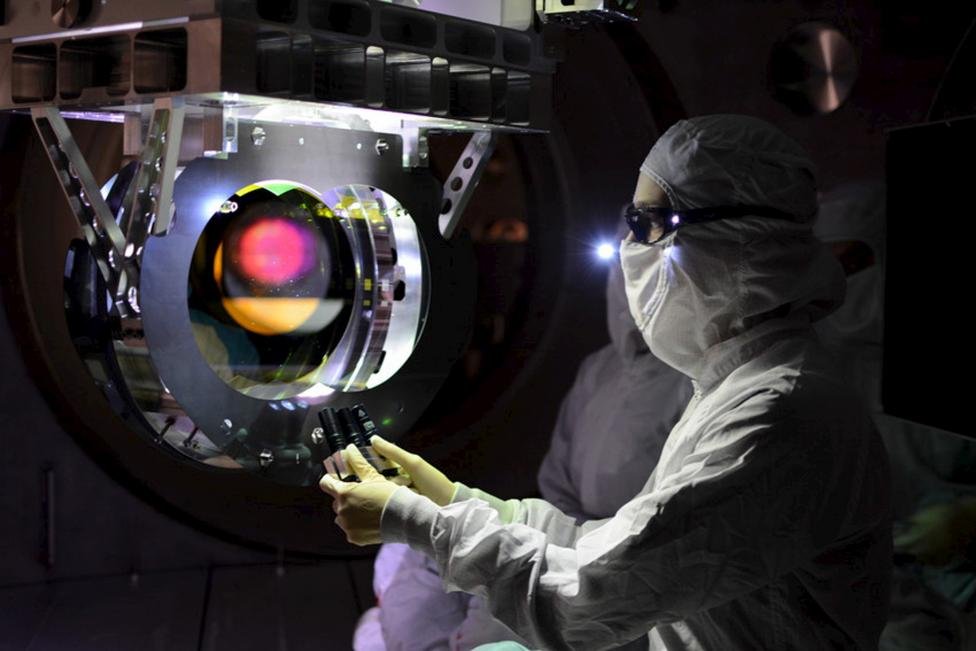There has been groundbreaking research on momentous gravitational waves, done by the scientists of Laser Interferometer Gravitational-wave Observatory (LIGO). This was theorized by Einstein a hundred years ago. Among the 1,015 contributors to the research, there were 37 Indian scientists.
PM Modi has also tweeted congratulating the 37 Indian scientists involved, commending their “exceptional scientific accomplishment.”
The total prize money for the Special Breakthrough Prize that they are meant to receive is $3 million, which have two sub-sets. $1 million will be divided equally among the three founders of LIGO: Kip Thorne, Ray Weiss and Ron Drever, and the remaining will be divided equally among the remaining 1,012 contributors. The 37 researchers from India, who belong to the second subset. Seven out of these, including Bala Iyer (a notable gravitational physics research veteran), belong to the International Centre for Theoretical Sciences.
LIGO was established between 1994 and 2002, by Caltech and MIT, who partnered up with National Science Foundation of the United States, to observe the gravitational waves Predicted by Einstein. Their study has initiated a new age of gravitational study; that promises to open more windows to astronomical studies.
These scientists will be recognized at the 2016 Special Breakthrough Prize ceremony that is meant to be held in the fall of 2016. The ceremony designed to celebrate such great achievements will be televised, to inspire the young scientists. The jury consists of previous laureates.
The Breakthrough Prize was founded by leading entrepreneurs Jack Ma and Cathy Zhang, Sergey Brin and Anne Wojcicki, Yuri and Julia Milner and Mark Zuckerberg and Priscilla Chan, and is funded by a Milner Foundation grant.
This group has deservedly received commendations from scientists all over the world, including former Special Breakthrough Prize winner, Stephen Hawking, who appreciated their evidence for general relativity and predictions of black hole interactions.





